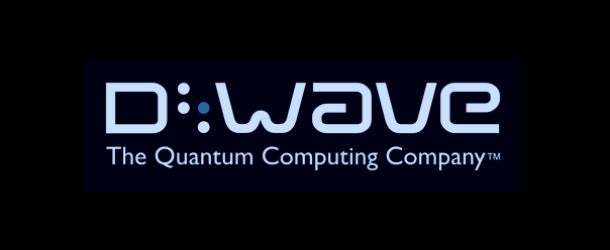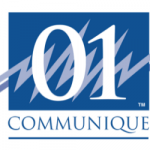Quantum’s SPAC track to success: D-Wave is the latest, probably not the last

Canada’s D-Wave Systems is the latest quantum computing company with plans to go public, following this week’s announcement that it is merging with special purpose acquisition company (SPAC) DPCM Capital in a deal that values D-Wave at about $1.2 billion.
Again, we are seeing the persuasive power of the SPAC transaction do its magic on young quantum companies, and it wouldn’t be surprising to see more such deals in the coming months. D-Wave is the third quantum computing firm to be involved in a SPAC transaction in less than a year, following IonQ, which started trading as a public company last October, and Rigetti Computing, which that same month announced a merger with Supernova Partners II.
Rigetti has yet to begin trading. Meanwhile, IonQ, which is due to report earnings in the coming weeks, already in five months has experienced the full rollercoaster ride of being a publicly-traded tech company: A shaky debut, a massive surge in its share price beyond reasonable levels for a start-up ($35.90 in December), a tumble that came with a broader market cave-in (putting it briefly back under $10), and most recently an inching upward as the market assesses where its “fair price” lies ($12.96 as of Tuesday’s close.) Along the way it has had its share of market watchers slowly coming to grips with the understanding of something those in the sector already know: while the quantum computing market holds great promise, it’s still some years away from maturity.
D-Wave, IonQ and Rigetti have some things in common as developers of quantum processing units, but what they also have in common is a need to fuel rapid growth via investment in R&D, product development and staff. SPAC deals offer a quicker and less complex path to funding fuel than traditional IPOs or presentation after presentation to leagues of potential investors. Ideally, the SPAC path to market takes less than six months.
Still, a company has to be at a pivotal point in its evolution to make this kind of move, with revenue ready to ramp up sharply along with the ramp up of organizational spending.
D-Wave feels it is approaching that pivotal revenue point. As D-Wave CFO John Markovich said during a webcast discussing the transaction, “In preparation for this transaction, we have developed a very comprehensive bottoms-up five-year financial plan and are projecting in excess of 160% growth in revenue over the next five years, commencing with a targeted $11 million in revenue for this year. That represents a significant double-digit increase over last year’s revenue. Approximately 40% of our 2022 $11 million revenue objective is supported by contracted bookings with another 5% supported by the renewal of contracts that were entered into in prior periods.”
Markovich said that 25% of the proceeds from this transaction will go toward “go-to-market initiatives” that will help it tap the revenue keg. In total, the company expects to realize about $340 million in proceeds from a deal that is likely result in a valuation of about $1.6 billion for the combined company.
The company, like others in the quantum space, has created a professional services offering that has the dual benefit of helping prospective customers figure out what quantum computing can do for them and how, and at the same time laying in some critical early revenue.
D-Wave’s revenue projections will turn on its move from professional services as a primary revenue source to quantum computing as-a-servce. About 50% of the company’s current revenue is from professional services, with the other half coming from the as-a-service offering, according to D-Wave CEO Alan Baratz, who added that in five years more than 90% of revenue will flow through the platform-as-a-service model.
Markovich also said, “The growth in our revenue will be driven by a number of drivers, including the broadening of our customer base through significant expansion of our direct sales organization, and our network of channel partners… Also, an expansion in the number of applications that we are addressing with our customers, as well as an expansion in the number of applications that are being used by each customer, and lastly an increase in the average transaction size or revenue per customer over the forecast period.”
Starting now, D-Wave, already well-known in the quantum sector, will feel the eyes of many, many more people watching its progress to see if it keeps pace with its projections. From IonQ to Rigetti and now D-Wave, each quantum SPAC deal has garnered a bit more attention and scrutiny than the one that came before, and those to come will face even more.





















